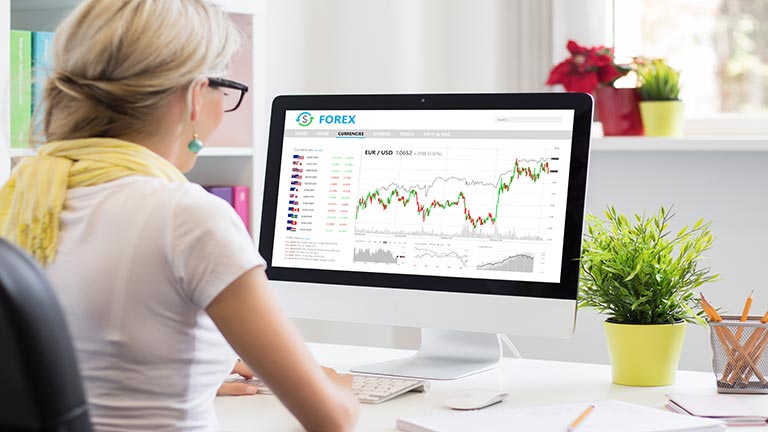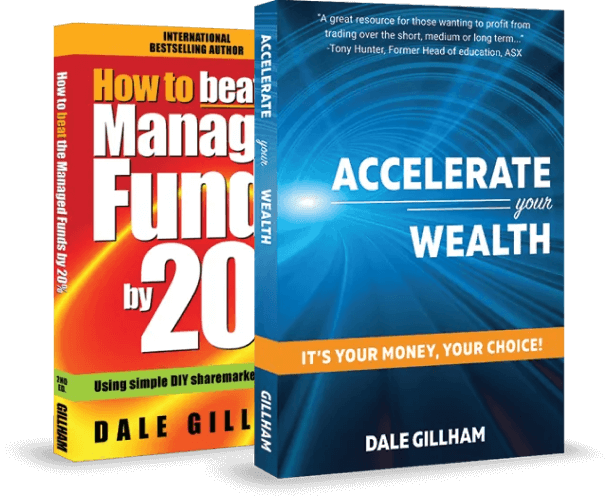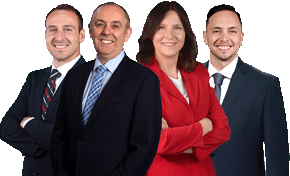Foreign Exchange Market - Forex Trading

By Dale Gillham
The foreign exchange market, which is also referred to as the FX, Forex or currency market is the largest, most liquid exchange in the world for buying, selling or exchanging currencies. While the main participants in this market are the institutions, it was opened to the retail market in the 1990’s with the introduction of the internet and forex trading platforms. In essence, forex brokers allowed their clients to trade on margin or, in other words, to leverage their investments in this market.
Given the attraction to the foreign exchange market by so many traders, it is my intention in this week’s market report to discuss the opportunities as well as the risks available to you when trading these markets.
In our previous two reports, we covered the factors affecting currency prices as well as how currency prices affect the share market, so I thought this topic would follow on nicely from our previous discussions.
Before we get into the ‘nitty-gritty’ of Forex trading, let me take you on a trip back in time to learn the basics of how Forex became what it is today.
A brief evolution of the foreign exchange market
Currency trading is definitely not new, in fact, in some form or another, the exchange or trading of currencies has been around for thousands of years. An example of this is where precious gold coins were traded in biblical times as a means for purchasing clothing and food.
Prior to 1973, trading or speculating in foreign exchange was not a permitted due to the Bretton Woods Agreement The agreement was set-up in 1944 in an effort to stabilise international currencies.
Basically, the Bretton Woods Agreement fixed international currencies against the US dollar to create a new global monetary system. Under the system, countries were required to maintain fixed exchange rates between their currencies and the US dollar rather than the gold standard, which tied the value of a country’s currency to the amount of gold it possessed.
However, in the early 1970’s the US was suffering from a combination of inflation and recession, which resulted in an over valuation of the US dollar and the collapse of the Bretton Woods system in 1973. This system was subsequently replaced with the managed floating exchange rate system as we know it today.
If you have ever transferred money or travelled overseas, then you would have completed a foreign exchange transaction. For example, let’s say you want to convert Australian dollars to US dollars as you planning to go on a holiday. The foreign exchange rate between these two currencies, or the currency pair as it is known, will determine the amount of US dollars you receive. And if you remember from my previous market report, this is based on supply and demand, which is continually fluctuating. But what if you want to trade foreign exchange as part of your investment strategy?
Trading the foreign exchange (forex) market
If you have ever surfed the internet to learn about trading, you would have come across the many advertisements for trading forex as it has become a very popular option for those wanting to build wealth or supplement their income. Indeed, trading in the foreign exchange market has never been easier given that it operates continuously 24 hours a day except weekends. But let’s consider whether this is actually a good thing.
When trading the foreign exchange market, you can, for example, leverage on margin of 10 to 1, which means if you invest $1,000, your exposure in the market will be $10,000. Now let’s say you decide to trade the AUD/USD currency pair because you are speculating that the Australian dollar will rise in relation to the US dollar.
Now let’s assume the trade goes in your favour and you make 10 per cent on the trade. On your investment of $10,000, you will have made $1,000. But given that the exchange rates are continually fluctuating throughout the day in the foreign exchange market, let’s assume that instead of the Australian dollar rising as you expected, it fell by 10 percent, now you would have had to pay $1,000.
Now let’s take this one step further. You may or may not be aware, but in the Forex market you can trade on a margin of just 1 per cent, which means your investment of $10,000 would equate to an exposure of $1 million dollars. So if we repeat the previous exercise and assume you make 10 per cent on the trade, you would have made $100,000 dollars. But what if instead you lose 10 percent, you would have to cough up $100,000. Now I can hear some of you saying, ouch! But believe me this is a reality for a lot of traders who are inexperienced in trading the forex market.
And this is why many refer to the foreign exchange market as a double-edged sword. Just because it is easy to trade forex markets, does mean it is low risk or easy to make money in. In fact, in the FX market, it is completely the opposite. So I implore you to heed my warning - the FX market is high risk, and more traders fail in this market than any other, and in a lot of cases end up walking away from trading altogether. But this needn’t be the case.
As many of you would understand, once you know how to drive, you can drive any car in the world, and so it is with the trading. Once you know how to trade, you can trade any market in the world. But you must first learn how to trade in a low risk environment, such as the stock market well before you consider trading the Forex market. Now I know some of will ignore my advice believing you know better. But let me ask you, if you haven’t proven to yourself that you can make money consistently trading the stock market, why would you believe you can make money in a high risk environment like the Forex market?
There is a vast difference between knowledge and understanding
Some of you will have heard me say this before: when it comes to trading the markets, there is a vast difference between knowledge and understanding. Understanding the Forex market does not mean you have the knowledge or skill to trade this market. Indeed, as many of our clients who have gone done this path will say, the FX market is only suitable for traders who have demonstrated they can consistently take profits from the stock market and it is definitely not the place to start your trading journey.
Another important consideration when trading the FX market is the volatility you are exposed to. Given this, you need to implement solid money management rules in order to protect your capital. Not understanding how to apply these rules correctly in highly leveraged markets is another reason why so many traders struggle with trading Forex. Remember, trading is not about how much money you can make, it is about how much you do not lose over time that makes you wealthy in the longer term.
While I do appreciate the fast and sexy appeal this market portrays of high risk, high reward, in reality, most experience high risk with a fatal churn and burn to their bank account. So if you are serious about your success, I encourage you to gain a solid education that teaches you how to trade, so that you then can develop the confidence and competence to trade any market in the world because a trader is who you become, not what market you trade.
Others who listened to this market report, also enjoyed listening to:
You may also want to consider purchasing my latest book Accelerate Your Wealth, It's Your Money, Your Choice. Buy it now for only $29.95 plus P&H.
And If you would like to learn how you can gain the required knowledge and understanding to profitability trade the foreign exchange market on a consistent basis, we encourage you to review our Forex and CFD Trading Course. You can check out the success of our clients by viewing their reviews and testimonials.






